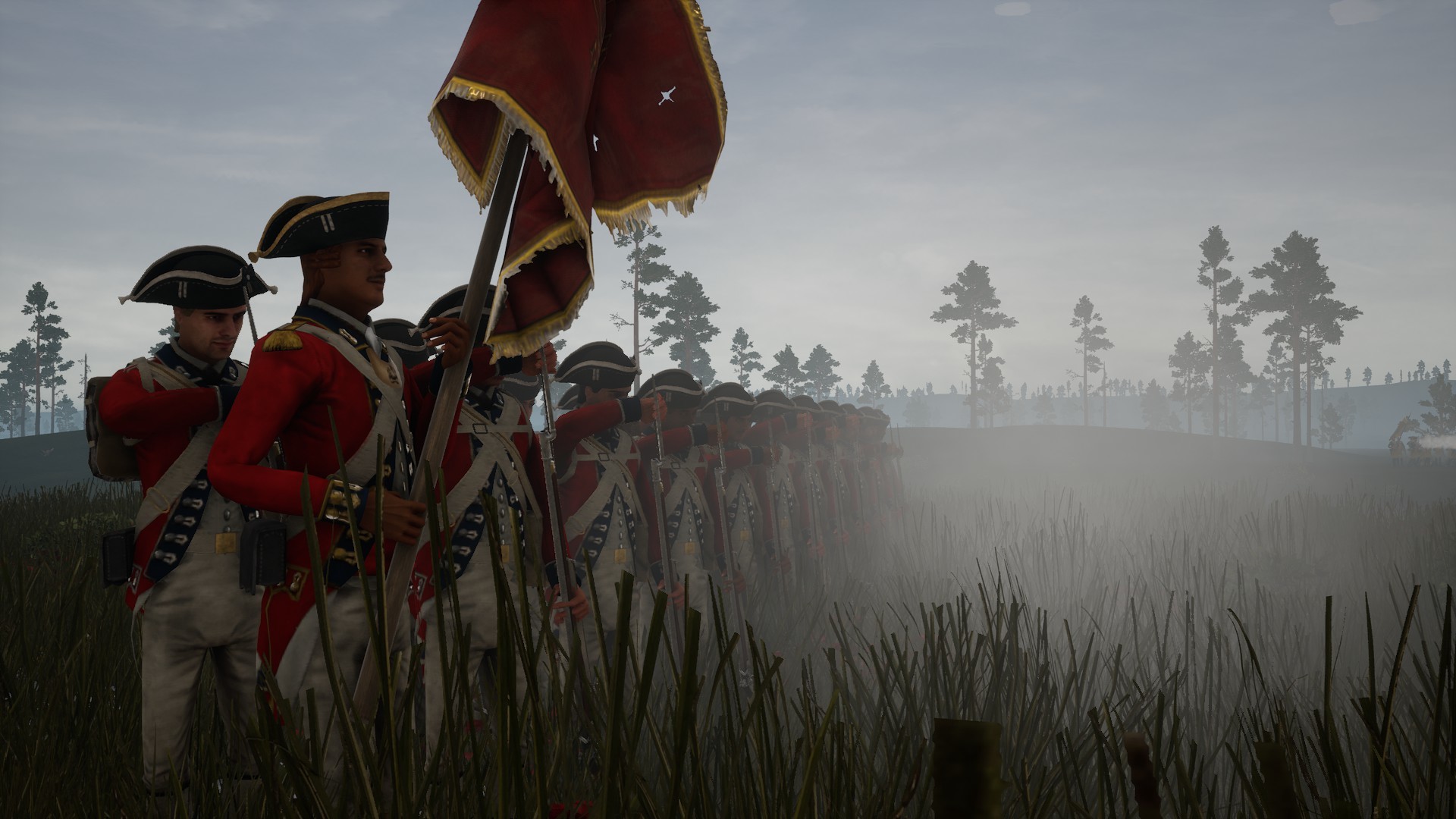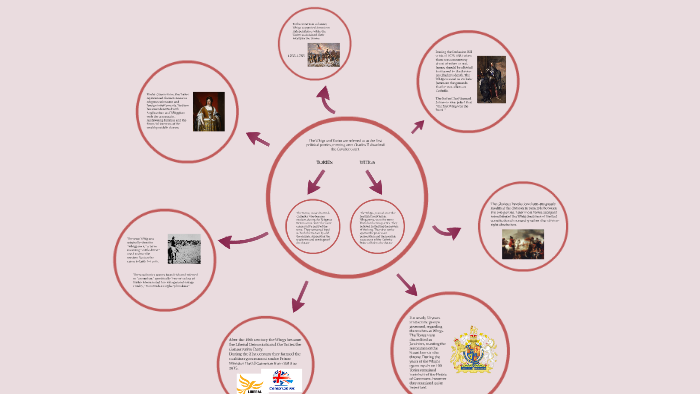
The British Conservative Party and Conservative Party of Canada, and their members, continue to be referred to as Tories.Īs a political term, Tory was an insult (derived from the Middle Irish word tóraidhe, modern Irish tóraí, meaning "outlaw", "robber", from the Irish word tóir, meaning "pursuit" since outlaws were "pursued men") that entered English politics during the Exclusion Bill crisis of 1678–1681. Toryism remains prominent in Canada and the United Kingdom.

The loyalists that fled to the Canadas at the end of the American Revolution, the United Empire Loyalists, formed the support base for political cliques in Upper and Lower Canada.

It also has exponents in other parts of the former British Empire, such as the Loyalists of British America, who opposed American secession during the American War of Independence. The Tories political faction that emerged in 1681 was a reaction to the Whig-controlled Parliaments that succeeded the Cavalier Parliament. The philosophy originates from the Cavalier faction, a royalist group during the English Civil War. Typically, Tories defend the ideas of hierarchy, natural order, and aristocracy. Tories are generally monarchists, were historically of a high church Anglican religious heritage, and opposed to the liberalism of the Whig faction. The Tory ethos has been summed up with the phrase "God, Queen, and Country".

A Tory ( / ˈ t ɔː r i/) is a person who holds a political philosophy known as Toryism, based on a British version of traditionalism and conservatism, which upholds the supremacy of social order as it has evolved in the English culture throughout history.


 0 kommentar(er)
0 kommentar(er)
